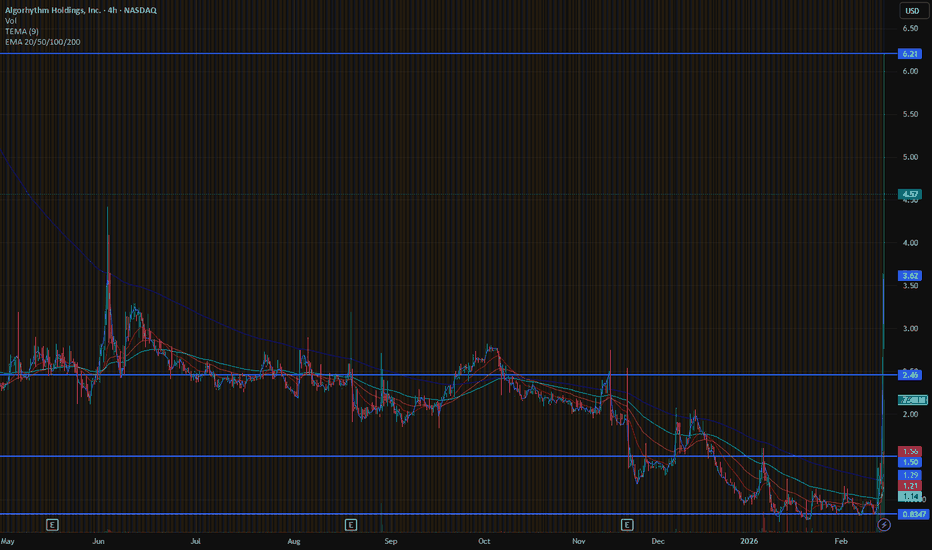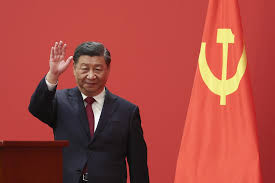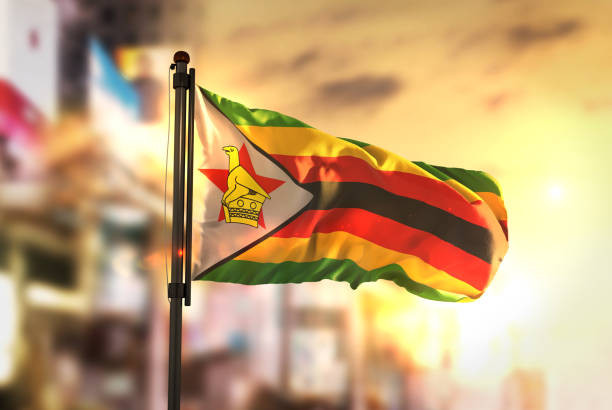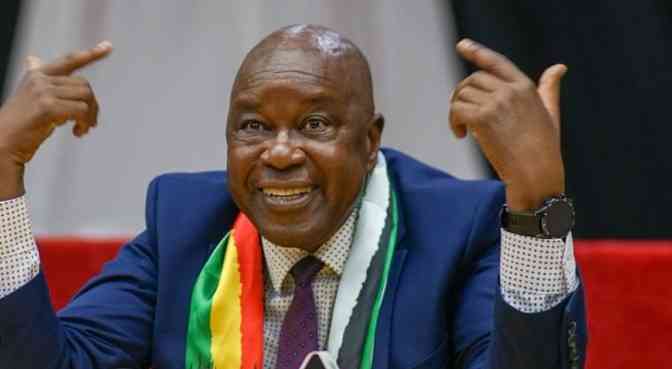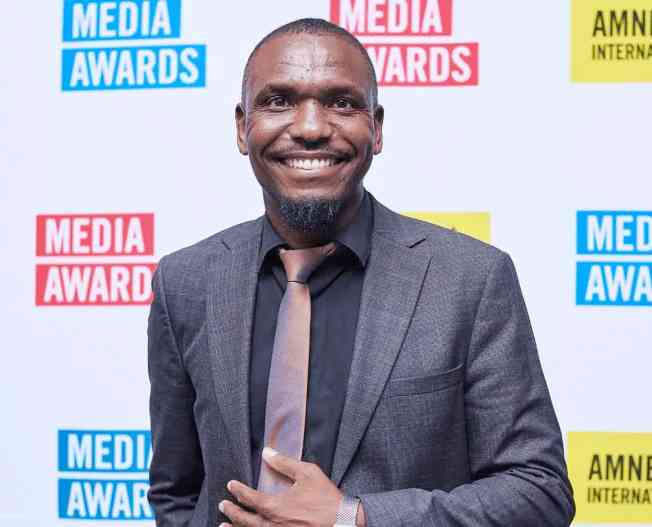
I recently had a very uncomfortable conversation with my mother on what would be my future in journalism.
If she was a keen social media follower, I would have attributed her evident concern in the bleak prospects of anything meaningful coming out of the craft of news media to a social media blog by renowned journalist, Hopewell Chin’ono discouraging youths from undertaking Media Studies.
Like most people of her generation, she is not fascinated with the internet and social media as much and her interaction with contemporary news and information is mainly through WhatsApp family and social groups.
Her media consumption pattern is despite the fact that she has unlimited Wifi access and is subscribed to digital satellite television, where she can follow news and information from reputable sources.
Based on my observations of her media consumption patterns, it is fair to draw the conclusion that concerns of my future in journalism was not driven by the critiques of declining news media standards nor social media debates on the value addition of training in media and journalism.
Rather, her pessimism on the misfortunes of journalism were informed by the realities of my current sustainability challenges, which practically threaten an existential threat of staying in the profession and the risks associated with practicing and supporting independent journalism in a volatile and unpredictable environment such as Zimbabwe.
The crux of this uncomfortable conversation, which somewhat dovetails with Chin'ono perspective on journalism being whether I have any other skill and competency outside the media.
“Have you ever thought outside the box on what other profession you can undertake outside the media?” she quipped.
- Mavhunga puts DeMbare into Chibuku quarterfinals
- Bulls to charge into Zimbabwe gold stocks
- Ndiraya concerned as goals dry up
- Letters: How solar power is transforming African farms
Keep Reading
“This media business is not working.”
I am sure her sentiments resonate with thousands other people and families that rely on journalism directly and indirectly.
It is a view now finding expression among journalists themselves, seasoned ones for that matter, that a narrow focus on journalism is no longer an industrial need.
Instead, it is better to have expertise in other trades that can then be used in practicing journalism.
Qualifying to be a journalist with no other skill or expertise, in this school of thought is redundant. In any event, the news media - print sector in particular is dying or dead and awaiting to be buried.
The United Nations Educational Scientific and Cultural Organisation, the lead global family of nations agency on freedom of expression and the media, in their framing of this year’s theme for the commemorations of World Press Freedom Day, annually observed on May 3 have termed this journalism in a “brave new world”.
While the focus of the theme is on the impact of artificial intelligence on modern day journalism, the media is seized with other new forms of hurdles that indeed require “brave journalism” and confronting the same.
There are many competing interests to credible news and information that makes it difficult to locate the market and place for public interest journalism.
It is a reality that with social media and artificial intelligence tools for example, the platforms of disseminating information — never mind their ownership — are no longer a journalistic privilege.
It is also a fact that with this new world order, journalism — for long the conduit of mass audiences is increasingly serving fewer and practically niche elite markets interested in news and credible information.
While in itself journalism or credible information cannot withstand the pressures of a polluted information space outside a deliberate media literacy campaign and progressive regulation, there is a need for journalists at all levels, from national to global platforms to rethink how it is configured.
And this conversation also pertains to the value-addition of a qualification in journalism and the media, which to me remains critical for the reputation of the sector.
Perhaps more fundamental, the reconfiguration dialogues should relook at the funding models, especially of independent journalism.
The conversations should be driven by a political will of governments as duty bearers and custodians of advancing and implementing human rights.
No matter how uncomfortable independent journalism is to duty bearers and power in all its manifestations.
The value proposition for the future of journalism vests not so much in journalists - who at the point of failing to make ends meet may choose other professional paths at best or at worst open themselves to capture — but it lies with a political leadership mindset shift of how public funds can be invested towards sustaining independent journalism.
It is political leadership that can drive investment into artificial intelligence making a positive impact on journalism and broadly on making the craft survive in the brave new world.
Sadly, for Zimbabwe, we join the global family of nations in commemorating World Press Freedom Day when the political leadership priorities are at variance with the journalism sector needs.
Government priorities, at least as evidenced by the short sighted amendments to the broadcasting regulatory framework obtained in the Broadcasting Services Act Amendment Bill, are not responsive to the practical needs both the audiences and the media sector.
If anything, one gets the impression that the government want as many professional journalists and defenders of press freedom frozen out of the political discourse.
It is indeed unfortunate that at a juncture that the global family of nations is seized with exploring ways to adapt and mitigate the impacts of artificial intelligence on journalism, the conversations in Zimbabwe are that of an arbitrary arrest of a journalist, Blessed Mhlanga, and uncomfortable family conversations on whether there is of any value to stay in the journalism and media sector.
Zimbabwe needs a political mindset shift for us the country to adqueately locate journalism in the new world order.
*Nigel Nyamutumbu is a media development practitioner serving as the coordinator of a network of journalistic professional associations and media support organisations the Media Alliance of Zimbabwe. He can be contacted on [email protected] or +263 772 501 557

